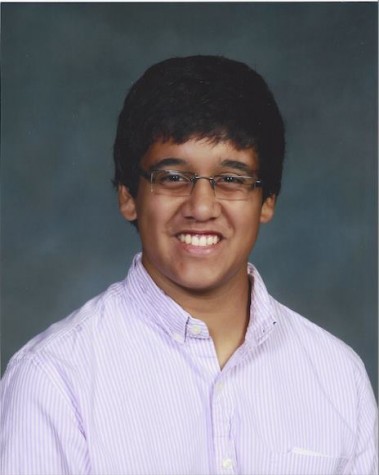Is Harriton Home to Cliques?
If the lunchroom is a microcosm of Harriton society, then Harriton is a highly divided school. From the more prominent “cults” of Harriton Science Olympiad, discussing last night’s chemistry homework to the loud, often nonsensical laughter stemming from the antics of “jocks,” Harriton’s cafeteria serves as a picture that supports the many claims regarding the prominence of cliques.
However, I for one support cliques, though perhaps not the conventional groups of generations’ past.
Harriton is a unique school in a lot of ways. While the stereotypical high school might appreciate athletics over academics, our school’s overachieving culture defines the ideal student, including his/her social life.
Far from placing our student athletes on a pedestal, I would argue that Harriton “jocks” are given a good deal of flack, and our student body often ignores success in sports, pointing to a few defeats as a sign of overall athletic failure. Instead, champions of non-sports teams, from music to science, are regarded more highly than the average athlete.
Cliques are a natural part of high school, as students find a sense of belonging in small circles of friends who have similar lives. Opponents of cliques often emphasize how homogeneous friends limit the perspective and interests of the individual, a valid point.
Alexandra Robbins, author of several books on the changing landscape of education, notes, “Conformity is a mask behind which students can hide their identity or the fact that they haven’t yet figured out their identity.” But at Harriton, our friends aren’t the same.
Overachieving implies much more than getting good grades and having special skills. Our generation’s students are beyond well rounded, finding interests in music, politics, athletics, and everything in between. Thus, our cliques represent diversity.
Perhaps everyone in a clique plays football, but the quarterback brings a political edge to the group’s conversations, while the cornerback keenly pursues alternative energies, and the linemen sing in their own “a cappella” group. Thus, cliques ensure students have a safe environment amongst peers they can relate to without the limited perspective of cliques’ pasts.
Yes, the Science Olympiad kids might discuss chemistry homework, but don’t be surprised if their nerdy conversation turns to last night’s game, or that crazy party last weekend. Perhaps the party is a stretch, but the concept is sound: the presence of cliques at Harriton is not negative.
If anyone does know of a party this weekend, feel free to hit up any member of the Science Olympiad team. They may turn out to be a surprisingly fun group. Please?


